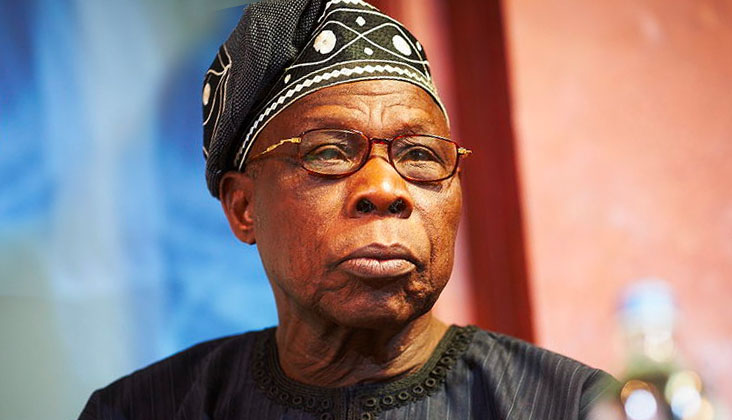
Former Nigerian president, Olusegun Obasanjo, has called on the country’s youths to be positively disruptive and make the leaders who have failed them uncomfortable.
He also warned that leaders who do not fear God are dangerous and should not be trusted.
Obasanjo made these remarks on Thursday in Abuja, where he was a guest speaker at The Bridge Foundation’s Emerging Political Leaders Fellowship programme.
The former president advised youths to acquire accurate knowledge, diligence, integrity, and values as essential qualities of a good leader.
Obasanjo also urged them to believe in Nigeria and develop love for the country, saying that there was no alternative to their country. He said that Nigeria could overcome its challenges and become a great nation if the youths get involved in everything.
“Knowledge is very important—accurate knowledge. You also need the fear of God and proximity to God. When you are a leader and you do not fear God, then you are a dangerous leader.
“Wherever you may choose, leadership is very important, and the principles are basically the same. A good leader must have certain characteristics. Knowledge is good, but not enough. How diligent are you? What is your level of integrity? What are the values that you cherish?” he said.
He added, “Let us get it right, and in two years we will forget everything. You have to get involved in everything.
“You are the leaders of today; if you don’t take it now, you will never get it. You have to be positively disruptive; don’t accept things the way they are. You need to make those who need to be made uncomfortable uncomfortable.”
READ ALSO: “It is Totally Unacceptable for Five People to Overturn Decision of 10 Million Voters” – Obasanjo
Obasanjo also called for a national discourse on Nigeria’s democracy, saying that the country needed to rethink the context and content of its democracy. He said that many people did not believe in Nigeria and that the youths needed to interrogate and question the status quo.
He said, “What is Nigeria’s history in democracy? What is Nigeria’s value? What is our culture in democracy? Let us rethink the context and the content of our democracy. Let’s interrogate; let’s ask questions. If you don’t do it, who else will?
“Many people don’t believe in Nigeria. Don’t let us deceive ourselves. If you don’t believe in Nigeria, what do you want to talk about? You need to believe in Nigeria. Every country has a history of how they came about. We have to accept that Nigeria is ours; we love it, and we cherish it. We have no alternative.”




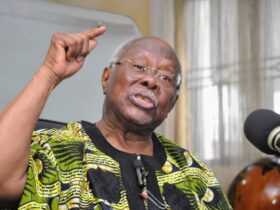
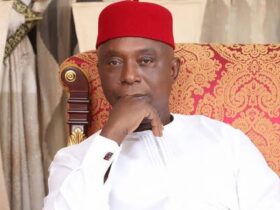
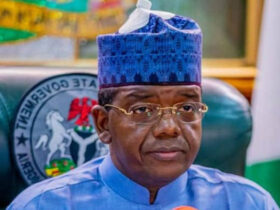
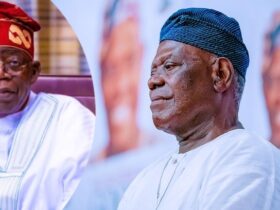
Leave a Reply